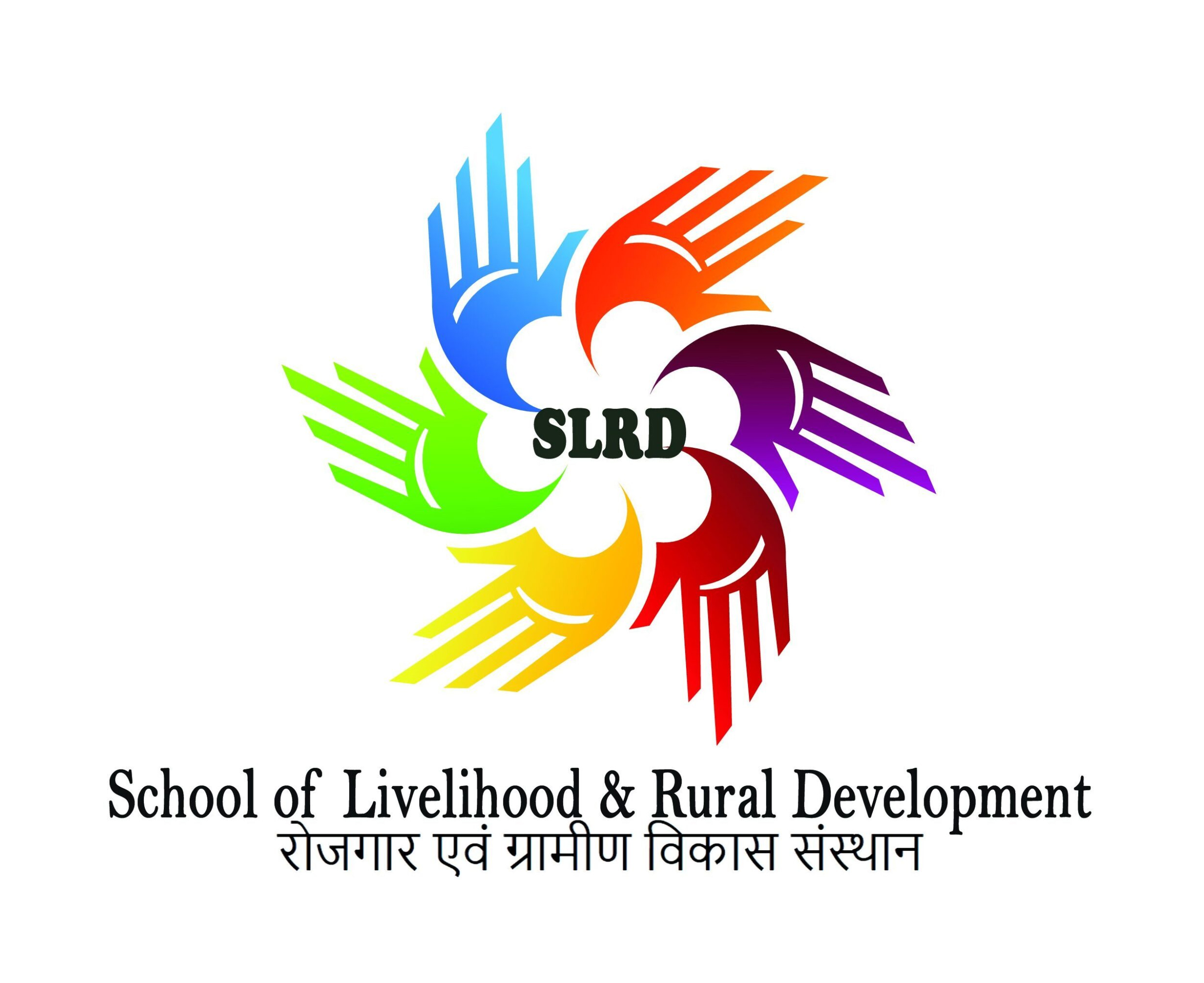Umiam, Ri-Bhoi District (Meghalaya), 10th & 11th September 2025

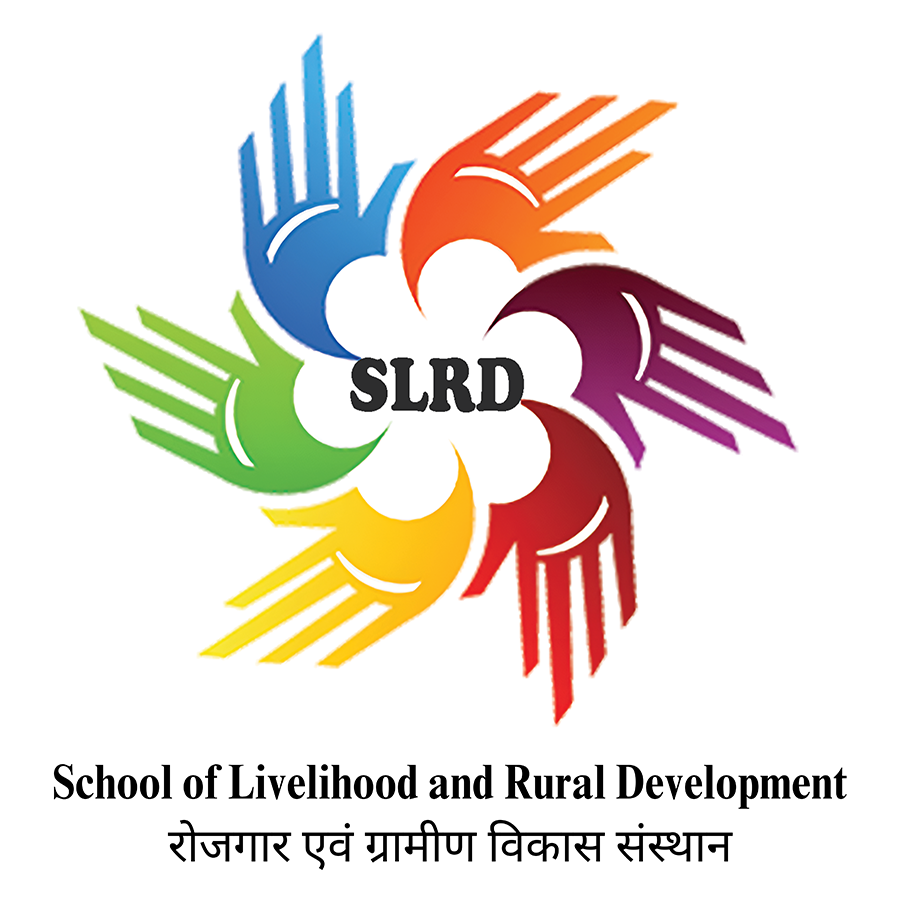
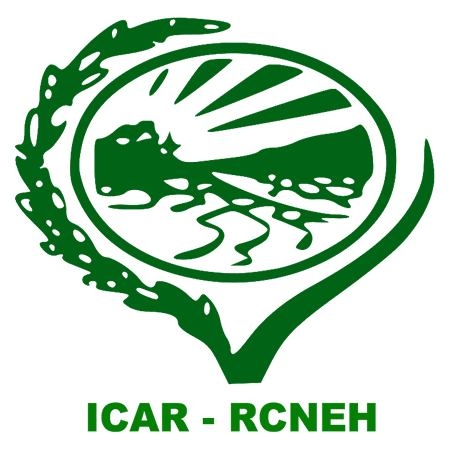
The School of Livelihood and Rural Development (SLRD), in collaboration with ICAR-NEH, successfully organized two consecutive one-day workshops on “Vermicompost: An Eco-Friendly Solution for Sustainable Farming.” The programme aimed to build farmer’s capacity in converting organic waste into nutrient-rich compost using earthworms, promoting soil health and sustainable agriculture.
Session 1: Understanding Vermicomposting


The first session was led by Mrs. Loitongbam Joymati Chanu, Scientist (Soil Science), ICAR-NEH, who explained the fundamentals of vermicomposting. She described how agricultural residues, animal waste, and vegetable waste can be effectively utilized, with cow dung playing a crucial role in the process. Farmers were introduced to the step-by-step procedure—pre-digestion of cow dung, mixing with organic waste, and the importance of shaded and moist conditions for healthy earthworm activity. The session emphasized the uniqueness of vermicompost compared to ordinary compost, highlighting its enriched microbial content and plant nutrients that significantly improve soil fertility and crop yield.
Session 2: Organic Mulching and In-Situ Vermicomposting
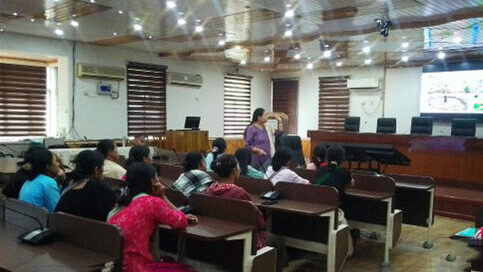
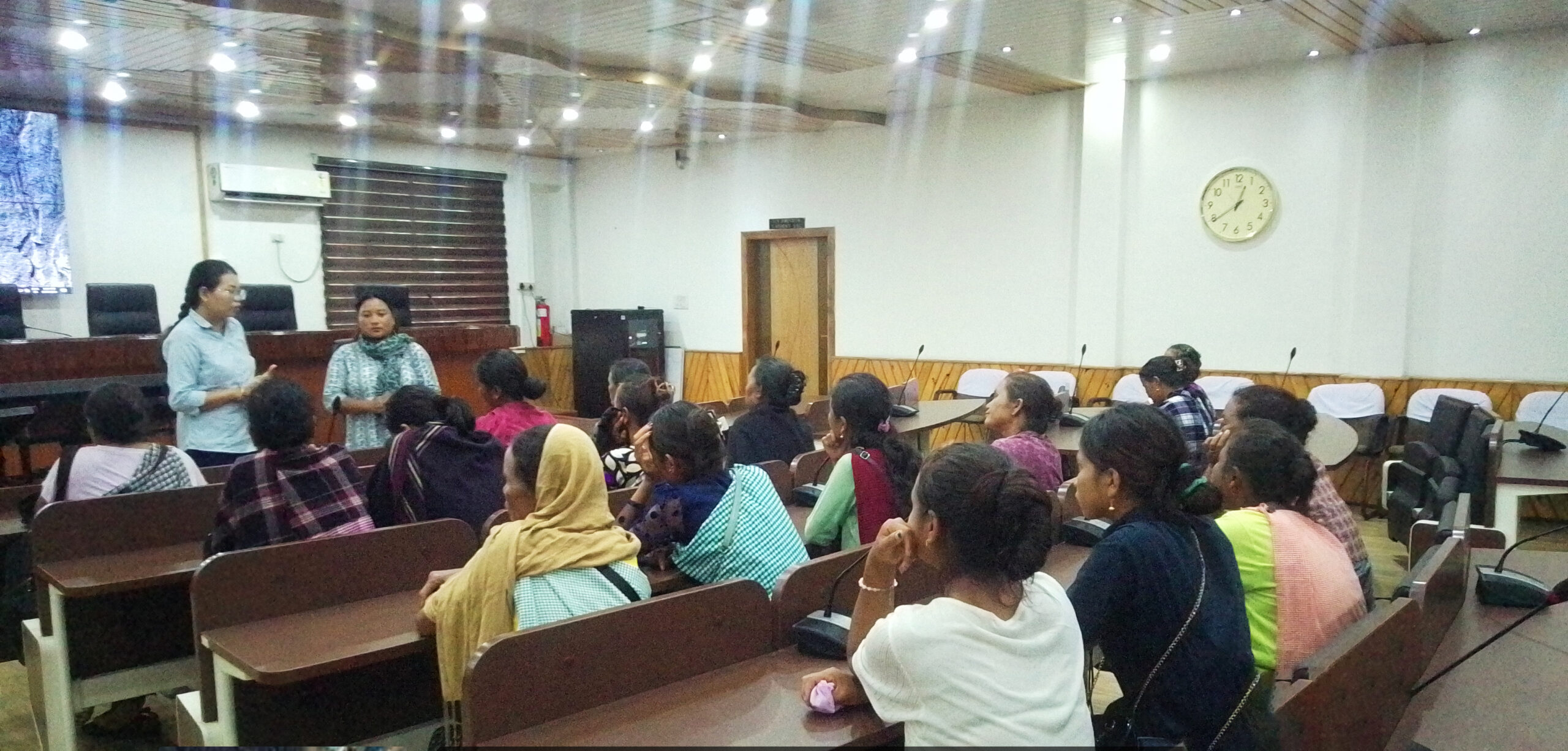
Continuing the training, Mrs. Chanu elaborated on additional eco-friendly practices that complement vermicomposting. She introduced organic mulching, where crop residues, dry leaves, or grasses are used to conserve moisture, suppress weeds, and gradually enrich the soil. The session also covered in-situ vermicomposting, a method where farm and animal waste is directly converted into compost within the field itself, reducing the need for transportation and inputs. Farmers were encouraged to adopt these techniques as low-cost, sustainable alternatives that enhance soil productivity while recycling farm waste.
Session 3: Hands-On Field Demonstration
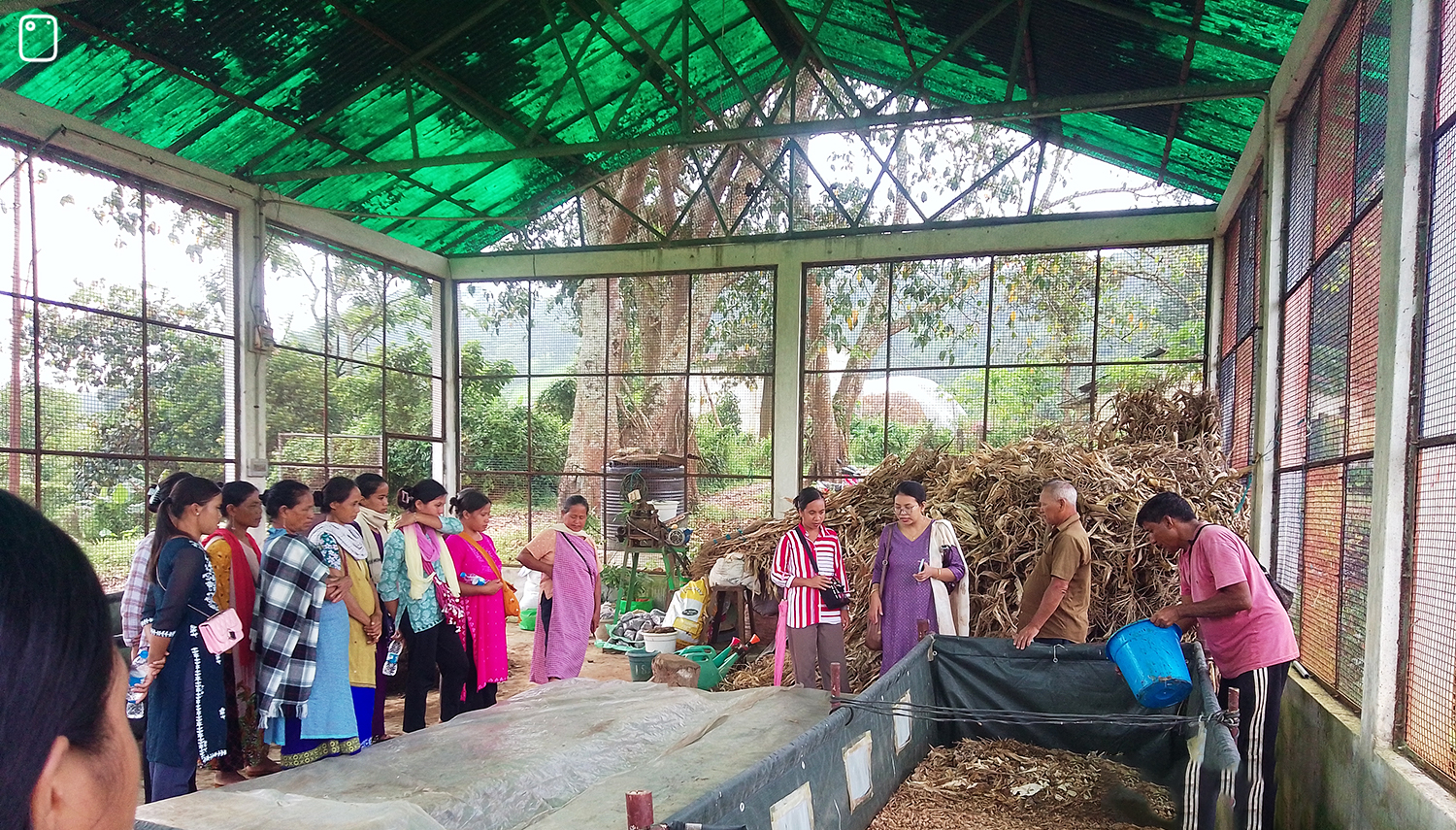

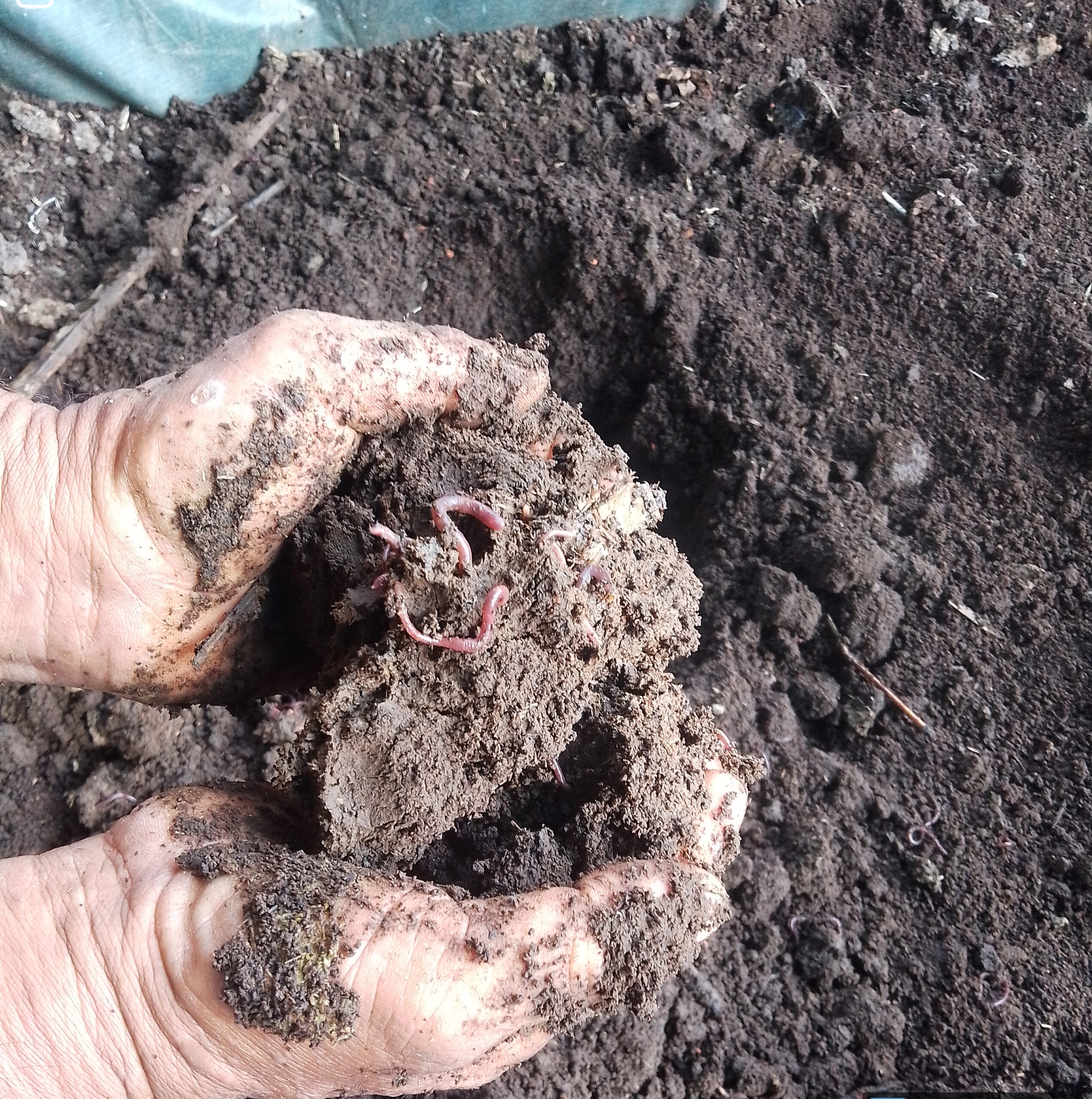
The post-lunch session was the highlight of the workshop, featuring a field demonstration at the Soil Science field, ICAR-NEH. Led by Mrs. Chanu and supported by the field manager, farmers actively engaged in preparing vermicompost beds. The demonstration covered raw material selection (cow dung, vegetable residues, bedding material), setting up vermibeds, maintaining optimum moisture and temperature, and ensuring proper care of earthworms. Participants also learned how to harvest the final compost—dark, nutrient-rich, and ready for use. This hands-on experience built confidence among farmers to replicate the practice on their own farms.
Participants: Women Farmers at the Forefront
The workshop saw the active participation of 40 women farmers from the Marngar Cluster Farmers Producer Cooperative Society, Ri-Bhoi and Iakyrshan Cluster Farmer Producers Multipurpose Cooperative Society Ltd. Their curiosity and enthusiasm were evident throughout the sessions, particularly during the demonstration, where they raised practical questions on farm waste usage, maintenance of vermicompost units, and compost quality.
Key Outcomes
- Farmers gained technical knowledge of vermicomposting as a natural alternative to chemical fertilizers.
- Practical demonstrations enhanced confidence to set up small-scale units on farms.
- Participants learned techniques for maintaining optimum conditions for composting.
- Awareness was created on waste recycling, in-situ vermicomposting, and mulching.
- Vermicomposting was recognized as both a soil enhancer and a potential income-generating activity.
Conclusion
The two-day workshop proved highly impactful in combining knowledge-sharing with practical skill-building. By equipping women farmers with eco-friendly techniques such as vermicomposting, mulching, and in-situ composting, the programme promoted sustainable agriculture while encouraging income opportunities.
Through this initiative, SLRD and ICAR-NEH reaffirmed their commitment to empowering farmers with solutions that not only enrich the soil but also strengthen rural livelihoods and resilience in Meghalaya.
